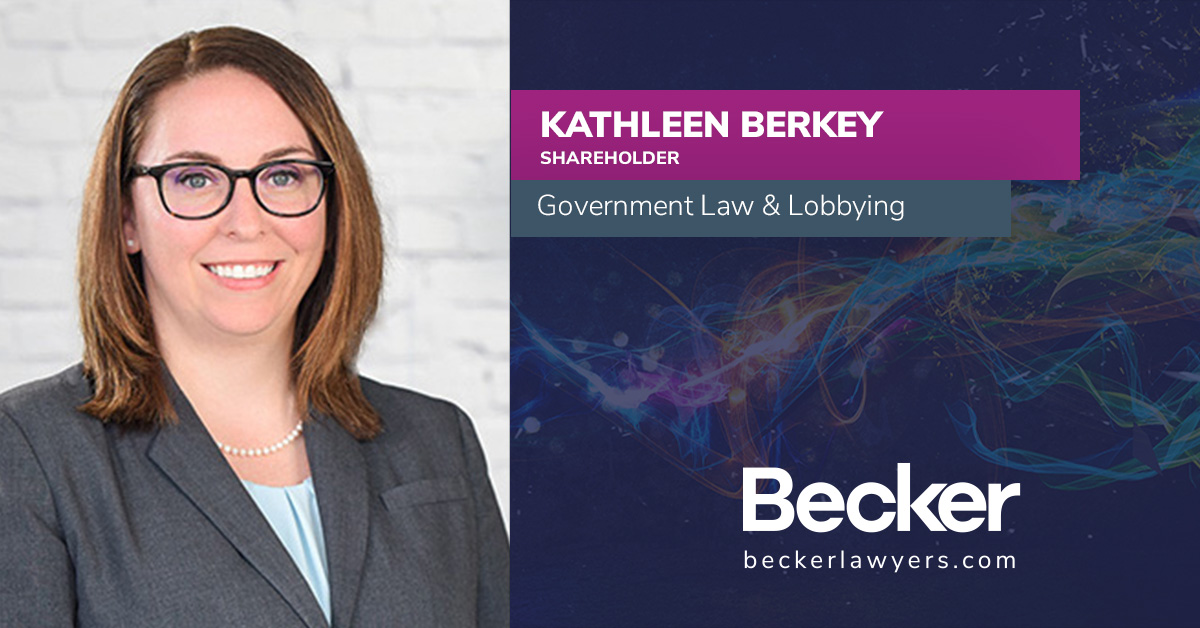
Foreclosure Rescue Scammers Continue to Prey on Unsuspecting Victims
I was sad to read 2 different newspaper articles in the last few days about an increase in foreclosure rescue scams. Both The Daily Business Review (November 9, 2015) and The New York Times (November 7, 2015) featured stories about an old scam that has been on the up rise in both South Florida and New York. The scam targets home owners in danger of losing their homes to foreclosure. So-called foreclosure rescue consultants approach these homeowners offering a sure fire way out from under the crushing mortgage debt. The scammers offer to pay the delinquent mortgage, provide for housing and pay a lump sum equity payment to the home owner. In return the homeowner is asked to dee their home to the rescue company. The sales pitch goes that the homeowner will be a tenant for a period of time and, when his/her credit is restored, buy back the house.
Meanwhile, the scammer now owns the house, falsifies loan paperwork and appraisals and, sometimes through a straw buyer and sometimes simply through their shell corporation, takes out one or more new loans on the house. The home owner may or may not get some of the loan proceeds of the new loan per the initial promise to keep up the façade that the scammer is working for the home owner. However, in all likelihood, the homeowner’s original loan has never been paid (nor have any subsequent loans taken by the scammer) leaving the now dispossessed homeowner on the hook for the original debt and all subsequent lenders in a junior position.
These scammers continue to find new marks despite the amount of publicity they generate. Unfortunately, there is little protection for homeowners. In 2008, Florida enacted F.S. 501.1377 to protect consumers from unfair practices in home sales and equity transfers in foreclosure related rescue transactions. While some protections were put in place which would require foreclosure rescue consultants to provide disclosures to consumers the Act has almost no penalty provisions for violations and has no criminal enforcement provisions or penalties thereby giving scammers a free ride to target vulnerable consumers.
As attorneys, we can only warn clients and consumers that if it sounds too good to be true, it is. If you are behind in your mortgage, deal directly with the lender or servicer, not an intermediary, particularly an unsolicited intermediary, other than an attorney who you select and retain. Do not deed your home to anyone without consulting your attorney, particularly to a 3rd party. If a deed in lieu of foreclosure is right for you, do so only in exchange for a release from personal liability directly from your lender. Remember, no lender is going to allow you to live in your house rent-free after you deed it to the lender for more than a couple of days. Any deal otherwise is probably a fraud.
Until laws with strong penalties and enforcement provisions are passed which will act as a deterrent to scammers and fraudsters, diligence and vigilance is required to protect consumers.




No Comments
Sorry, the comment form is closed at this time.